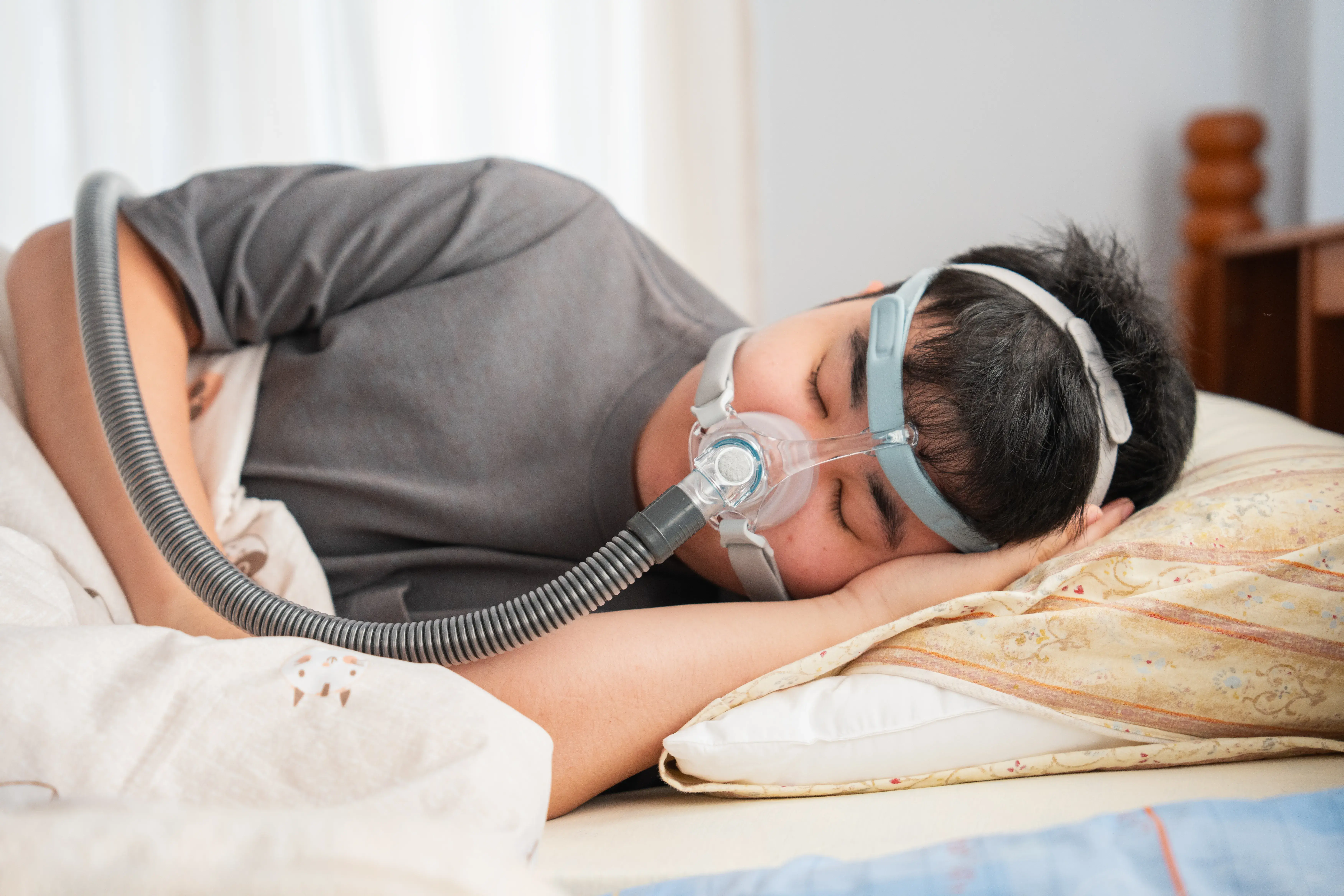
Spring allergy season and what to do
As the pollen starts to cover our cars, homes and all of the outdoors, allergies are on the rise. Allergist Robin Go, MD, shares the common allergies he sees — from pollen to bee stings to medication:
What are the top kinds of allergies you treat?
I see patients with different types of allergy issues. Most commonly, I see patients with respiratory allergies, sinus issues, asthma, skin allergies, such as eczema (atopic dermatitis) and hives, food and drug allergies, as well as bee sting and fire ant allergies.
What are the top allergy forms people have? (Ex: food, medication, environmental)
Environmental allergies are very common; almost one in five people have respiratory allergies. Food allergies are less common, but as many as one in 13 people report having food allergies.
Are bee stings, ants and mosquito bites considered an allergy?
People can be allergic to bee venoms and fire ants. Some people develop a potentially life-threating allergic reaction called anaphylaxis. Swellings from mosquito bites are more of a toxic reaction, rather than allergic in nature.
What do you tell people with seasonal allergies to do during the heavy pollen season?
Try to stay indoors, and keep doors and windows closed. If possible, schedule outdoor activities later in the day and when it is not windy. Use a machine to dry clothes, and don't hang clothes outside to dry. Take a shower/bath in the evening and change clothes in order to reduce the amount of pollen brought into the house.
When does the spring allergy season start and end?
The onset of the spring season varies each year. Sometimes the trees start to bloom even in mid to late February, but typically March to June. Grass pollen season can start in late April and extends into the summer.
What are the most common antibiotic drugs that people are allergic to?
The most common drug allergy reported is penicillin/amoxicillin. A lot of parents report that their children develop some kind of skin rash and are then labeled as allergic. Nine of 10 of these patients actually are not allergic. We are able to perform skin tests to confirm or disprove this allergy.
Allergies to sulfonamides such as Bactrim or Septra, also known as sulfa drugs, are often frequently reported. Unfortunately, there are no diagnostic tests to confirm allergies to sulfa drugs.












